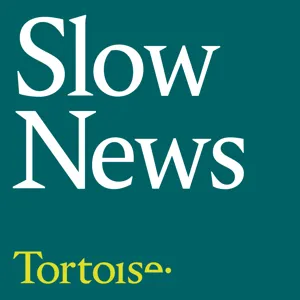A Year After Dobbs Ruling, Seeking Reproductive Health Care Can Mean Few Good Options

While reproductive health providers had been fearing, and preparing for the possible reversal for years, it still left millions of people seeking reproductive health care in flux.
A year on, state controlled access to abortion continues to shift in many locations across the country.
We hear from people who have been forced to make decisions that they never imagined. And, we learn how lawmakers plan to defend reproductive rights.
In participating regions, you'll also hear a local news segment to help you make sense of what's going on in your community.
Email us at considerthis@npr.org.
Learn more about sponsor message choices: podcastchoices.com/adchoices
NPR Privacy Policy



